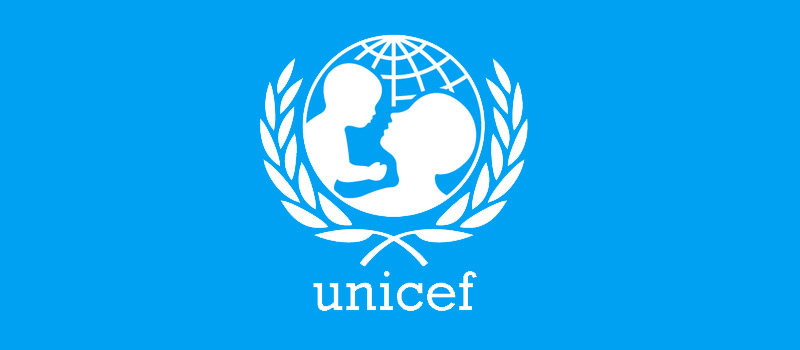Three out of 10 children have access to distance learning: UNICEF

By A Staff Reporter
Kathmandu, Aug. 31: More than two-thirds of schoolchildren are deprived of distance learning in Nepal during COVID-19, according to a report of UNICEF.
Only three out of 10 children have access to television, radio and Internet-based learning platforms in Nepal. Among them, only 80 per cent of children use distance learning platforms for their learning activities, according to the recent Child and Family Tracker survey by UNICEF Nepal report said.
Likewise, world report of the UNICEF illustrated that at least one third of the world’s schoolchildren-- 463 million children globally-- were unable to access remote learning when COVID-19 shuttered their schools.
“For at least 463 million children whose schools closed due to COVID-19, there was no such a thing as remote learning,” said Henrietta Fore, UNICEF Executive Director. “The sheer number of children whose education was completely disrupted for months on end is a global education emergency. The repercussions could be felt in economies and societies for decades to come.”
At the height of nationwide and local lockdowns, nearly 1.5 billion schoolchildren were affected by school closures. The Remote Learning Reachability report outlines the limitations of remote learning and exposes deep inequalities in access.
The Remote Learning Reachability report uses a globally representative analysis on the availability of home-based technology and tools needed for remote learning among pre-primary, primary, lower-secondary and upper-secondary schoolchildren, with data from 100 countries. Data include access to television, radio and internet, and the availability of curriculum delivered across these platforms during school closures.
Although the numbers in the report present a concerning picture on the lack of remote learning during school closures, UNICEF warns the situation is likely far worse. Even when children have the technology and tools at home, they may not be able to learn remotely through those platforms due to competing factors in the home including pressure to do chores, being forced to work, a poor environment for learning and lack of support in using the online or broadcast curriculum.
Recent News

Do not make expressions casting dout on election: EC
14 Apr, 2022
CM Bhatta says may New Year 2079 BS inspire positive thinking
14 Apr, 2022
Three new cases, 44 recoveries in 24 hours
14 Apr, 2022
689 climbers of 84 teams so far acquire permits for climbing various peaks this spring season
14 Apr, 2022
How the rising cost of living crisis is impacting Nepal
14 Apr, 2022
US military confirms an interstellar meteor collided with Earth
14 Apr, 2022
Valneva Covid vaccine approved for use in UK
14 Apr, 2022
Chair Prachanda highlights need of unity among Maoist, Communist forces
14 Apr, 2022
Ranbir Kapoor and Alia Bhatt: Bollywood toasts star couple on wedding
14 Apr, 2022
President Bhandari confers decorations (Photo Feature)
14 Apr, 2022











